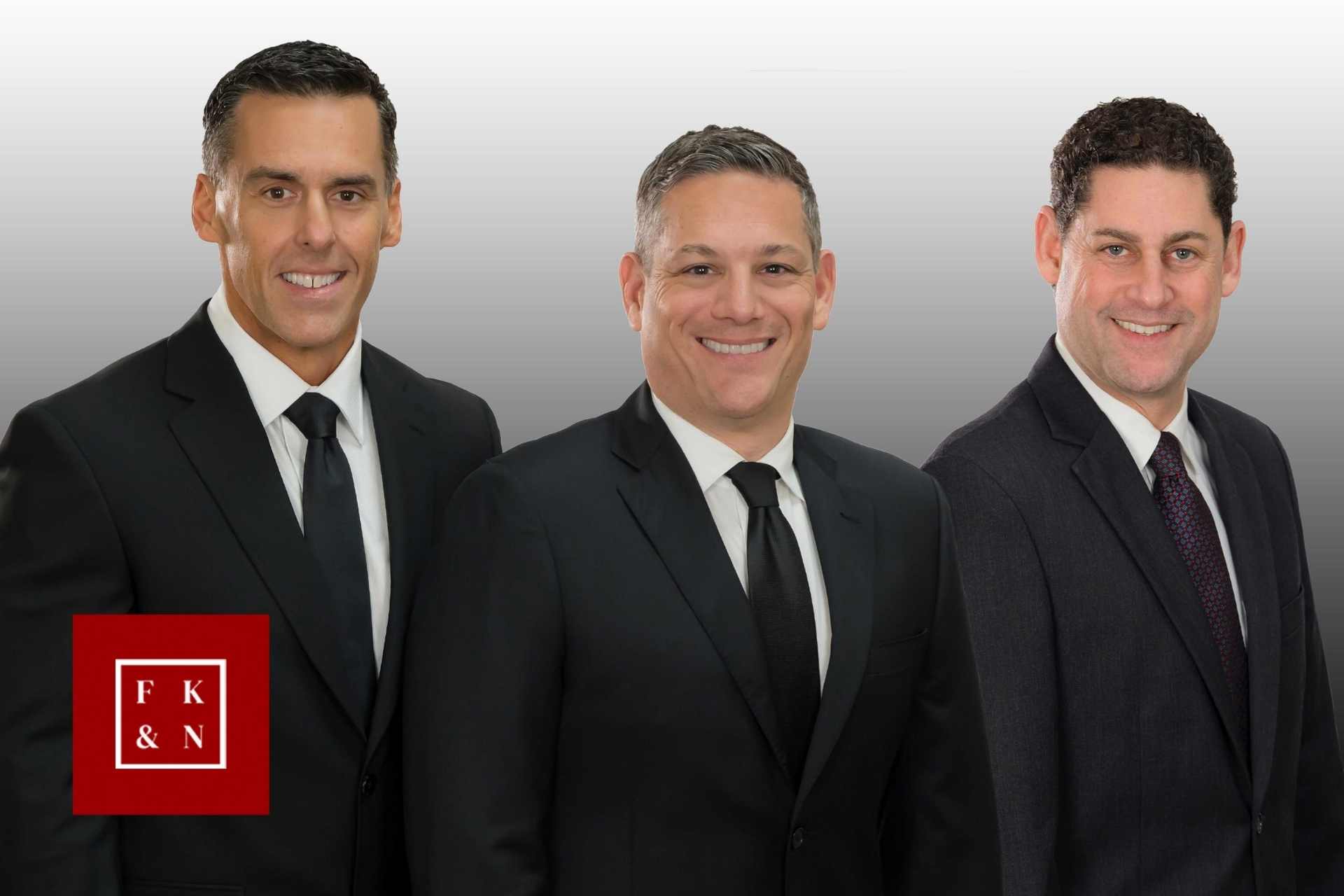Few people want to hire a lawyer. – Legal issues are often complicated and stressful. They’re strange beasts to most people. – To top it off, legal terms and clauses can be confusing to most, leaving people feeling like they have to learn a whole new language.
Chief among these confusing terms is the payment arrangement between you and your attorney. – Most states, Georgia included, have laws that govern fee arrangements lawyers and their clients. – We’re going to take a few minutes and make it easy for you to know what the different types of fee agreements are.
The Hourly Fee
When it comes to the fee arrangements between lawyer and client, the most well-known example is the hourly fee. – Your attorney is required to disclose their individual hourly rate and the rate of everyone else that may help with your case. – That includes support staff as well as other, less experienced attorneys. – Lawyers typically bill in 6-minute increments, or .10 of an hour. They are also required to send you detailed, itemized bills that breakdown the individual tasks performed. – Some lawyers may ask for a retainer, which is an up-front deposit from which future fees will be deducted until the fees are greater than the initial retainer. – In most states, including Georgia, non-refundable retainers are not allowed and any balance remaining at the end of your case should be refunded.
Contingency Fees
Another common payment arrangement, particularly for plaintiff’s lawyers like an auto accident lawyer Atlanta GA trusts, is the contingency fee. – In this scenario, your attorney is paid solely if you recover. – The attorney gets paid a certain percentage of your total recovery that you and your attorney negotiate at the start. – Many attorneys ask for differing amounts depending on how far your matter goes up the court ladder. – For example, attorneys will often charge a lower percentage of any recovery if the case settles before trial and a higher percentage once trial has begun, but the final percentages are set when you and the attorney agree to work together. – Clients should make note that lawyers must disclose if costs for experts, court fees, and other out of pocket expenses will be recovered before or after calculating their final payment from your award or settlement. – This means that said expenses are either included in the original agreement percentage or added on after the case has ended.
Flat Rates Fees
The last common type of fee is the flat fee. – In these types of payments, attorneys are paid a pre-negotiated, specific amount for individual tasks. – Flat fee arrangements usually work well for matters such as contact writing, will or trust preparation, or real estate closings. – Regardless of how much time they spend, how many emails they write, or how many documents they draft, clients will pay their attorney a specific amount to accomplish their pre-agreed legal goals.
Fee Facts
Regardless of the type of fee arrangement, there are a few common considerations. – First, legal fees will be agreed and signed before your attorney starts work on your matter. They also should be documented in writing in what attorneys call an engagement letter. – Attorneys must lay out in this contract any extra fees for services. This includes copying, faxing, telephone calls, and other such actions. – Clients should review this carefully, prior to signing a fee agreement, to understand what they will be paying for in their case.
The type of fee that works for your matter depends on what kind of case it is. – An experienced and professional lawyer will ensure clients completely understand their fee agreements prior to beginning legal work. – If you have any questions regarding your legal fees, speak to your prospective lawyer or a different one to ensure you can trust the attorney.

